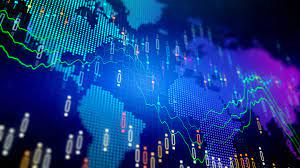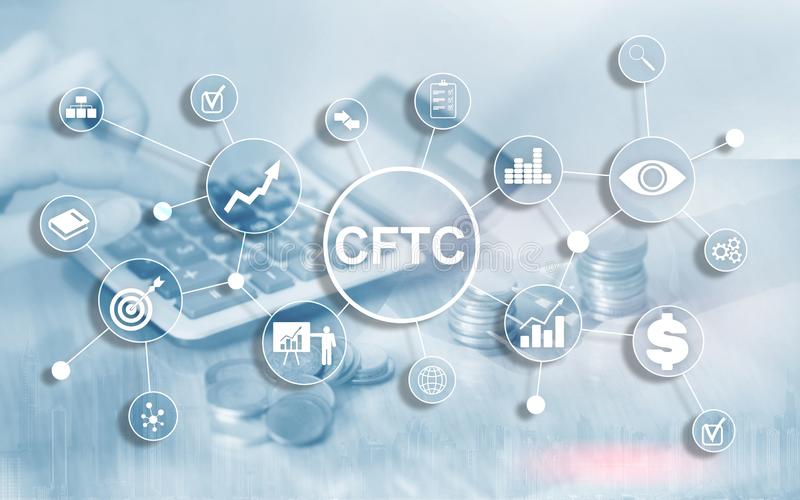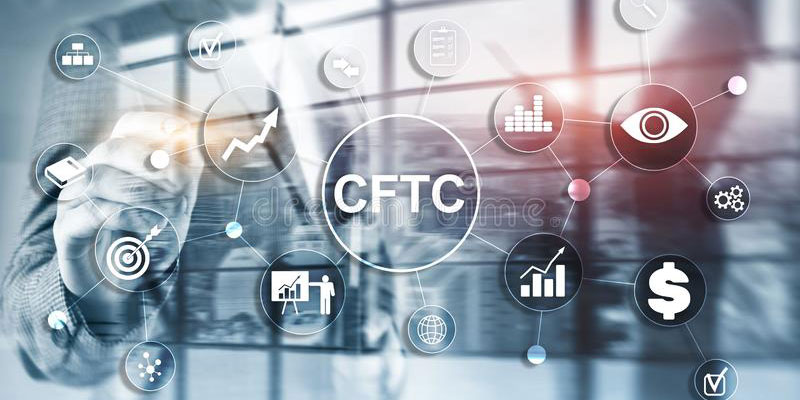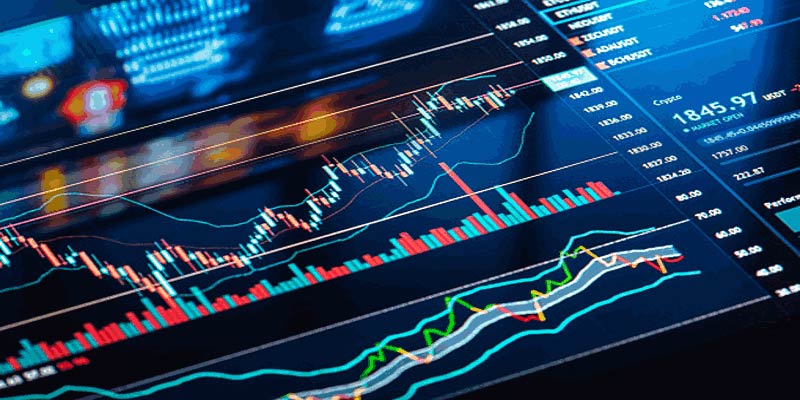Futures contracts on commodities are contracts to acquire or sell a raw material at a certain date and price. These dates and prices are specified in advance. The monetary terms of the contract are predetermined. It outlines the day and time when the buyer will get the asset from the seller. Additionally, it determines the pricing. Several contracts allow for a monetary settlement rather than an item delivery.
Commodities may be divided into three primary categories: food, energy, and metals. Meat, wheat, and sugar consistently rank among the most sought-after food futures. Gasoline and Oil make up the majority of energy futures. silver, gold, and copper are metals that may be traded using futures.
Futures contracts are used by purchasers of food, energy, and metal to determine the price of the commodity they will purchase. This decreases the likelihood that they will need to raise their pricing. Futures provide the sellers of these commodities with the assurance that they will be paid the price that was previously agreed upon. They eliminate the possibility of a price decrease. The costs of commodities are subject to monthly or even daily fluctuations. Even contract pricing is subject to change. Because of this factor, meat, fuel, and gold prices are subject to significant swings.
How They Work
The buyer of the futures contract stands to gain financial benefit from an increase in the price of the underlying commodity. He buys the thing at the lower price agreed upon, and he can now sell it at the higher price offered on the market. If there is a price drop, it is profitable for the futures seller. He may purchase the commodity at the available lower market price and then sell it to the futures buyer at the higher price agreed upon.
Few individuals would engage in the trading of commodities if they were also required to deliver the goods. Instead, they may satisfy the terms of the contract by providing evidence that the goods are currently stored at the facility. They can also provide another contract at the current market price or pay the cash difference.
Commodities Exchanges
On a commodities futures exchange, futures contracts are exchanged in the marketplace. The Chicago Mercantile Exchange, the New York Mercantile Exchange, and the Chicago Board of Trade are examples of these markets. The CME Group currently owns every one of them. They are subject to regulation by the Commodity Futures Trading Commission. Registration with the CFTC is required for both buyers and sellers.

The clearinghouse of the exchange is where the contracts are settled. In a strict sense, the clearinghouse is responsible for buying and selling all contracts. The fungibility of the exchanges makes it much simpler to purchase and sell different contracts. That indicates that they may be used in place of one another. However, they need to be for the same commodity and have the same requirements for quantity and quality. They need to be for the same delivery month as well as the same place.
The ability to "offset" contracts is made possible by fungibility. That is when they will acquire the contracts, after which they will sell them. It allows them to pay off the contract or get out of it before the originally agreed-upon date. Because of this, futures contracts are considered to be derivatives.
The Influence That Futures Contracts Have on the Economy

Futures contracts are a tool businesses may use to lock in a fixed price for essential commodities like oil. Farmers rely on them to ensure they get a certain price for their cattle or crops. They can purchase or sell the item at a predetermined price thanks to the futures contracts. They intend to fulfill the terms of the contract by transferring custody of the products. Additionally, the agreement allows them to calculate any associated expenses or revenues. They alleviate a considerable amount of risk for themselves due to the contracts.
Using futures contracts, hedge funds may increase their leverage in the commodities market. They have no intention of trading in any commodity. They aim, as an alternative, to purchase offsetting contract at price that would result in a profit for them. They are, in a sense, speculating on the future price of the commodity in question. Evaluating and forecasting prices for various raw materials are the means through which commodities futures influence the economy. Traders, as well as analysts, determine these values.




